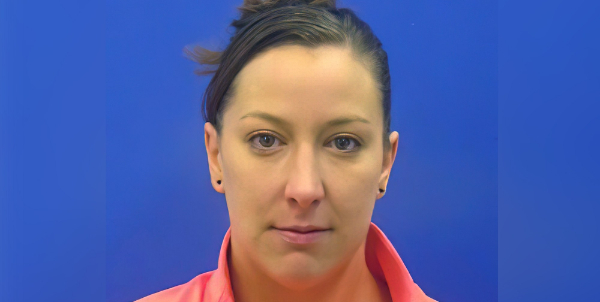
Federal officials in Washington already have confirmed that a police officer at the U.S. Capitol – whose name still is being withheld – will not face any criminal charges for shooting and killing unarmed veteran Ashli Babbitt at the Jan. 6 riot.
But that person may be facing civil counts, according to a report in BizPacReview.
The publication said the confirmation came from a lawyer for the family of Babbitt in an interview with NewsMax who revealed the family will file civil charges “over the violation of her constitutional rights.”
The lawyer, Terry Roberts, was being interviewed about the decision by the Department of Justice to pursue no charges against the officer.
The shooting death has raised a multitude of questions that have yet to be answered. For example, Babbitt apparently did not see the officer and reportedly there was no verbal warning. The officer’s lawyer has claimed several warnings were issued.
But critics of the shooter pointed out that Babbitt was unarmed, she could have been arrested at any point there, and that the officer even fired the fatal shot into a crowd where other officers were, potentially endangering them.
Constitutional expert Jonathan Turley has noted that a critical element for justifying a police shooting is that there was the threat of danger to an officer or someone else.
“While she was clearly trespassing and at the forefront of a riot, there is no claim that she was threatening any officer or possible person with serious bodily injury or death. Indeed, near her were other officers who could have been hit by the round. (Babbitt was trying to climb through a broken door in the Speaker’s Lobby as police fought back the mob),” he explained.
“If the officer intended to shoot Babbitt, it would not likely meet the standard for a justified shooting under governing cases like Tennessee v. Garner (1985). If the officer fired blindly or wildly,” he said, it would include elements of negligence.
Further, he pointed out the DOJ did not claim the shooting “was clearly justified. Instead, it noted that ‘prosecutors would have to prove not only that the officer used force that was constitutionally unreasonable, but that the officer did so ‘willfully.” It stressed that this element requires a showing of ‘a bad purpose to disregard the law’ and that ‘evidence that an officer acted out of fear, mistake, panic, misperception, negligence, or even poor judgment cannot establish the high level of intent.'”
He said, “Violent riots are unfortunately common today in cities ranging from Minneapolis to Portland to Washington. The use of live rounds however ha[s] never been authorized absent a particularized showing of a significant threat to an officer or others. Nothing in the announcement in the Babbitt case answers how such a showing was made by the officer.”
“Specifically, the investigation revealed no evidence to establish that, at the time the officer fired a single shot at Ms. Babbitt, the officer did not reasonably believe that it was necessary to do so in self-defense or in defense of the Members of Congress and others evacuating the House Chamber,” a statement from the government said.
Roberts explained, in a previous statement, “The actual evidence is this: the officer shot an unarmed woman who was not an immediate threat to him or any Member of Congress. That is inconsistent with any claim of self-defense or the defense of others, period.”
Roberts said the evidence “is ample and support criminal charges against the officer.”
Via Wnd
